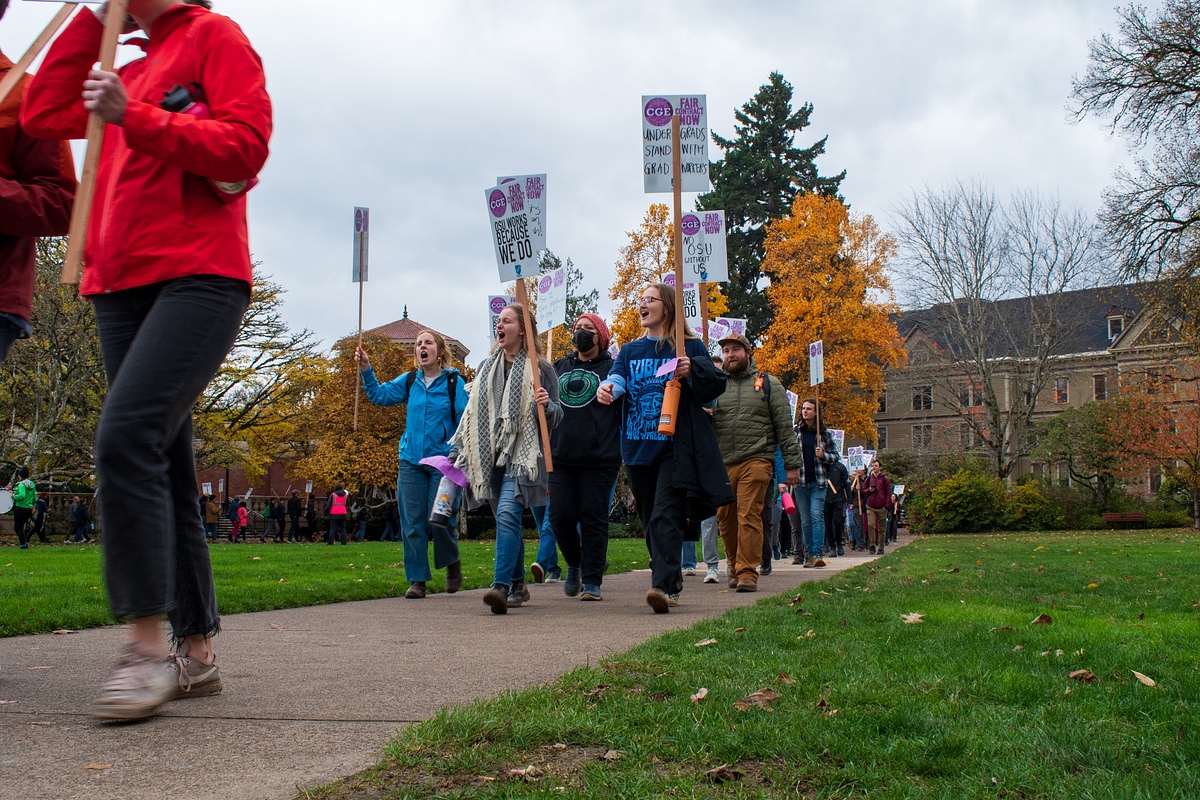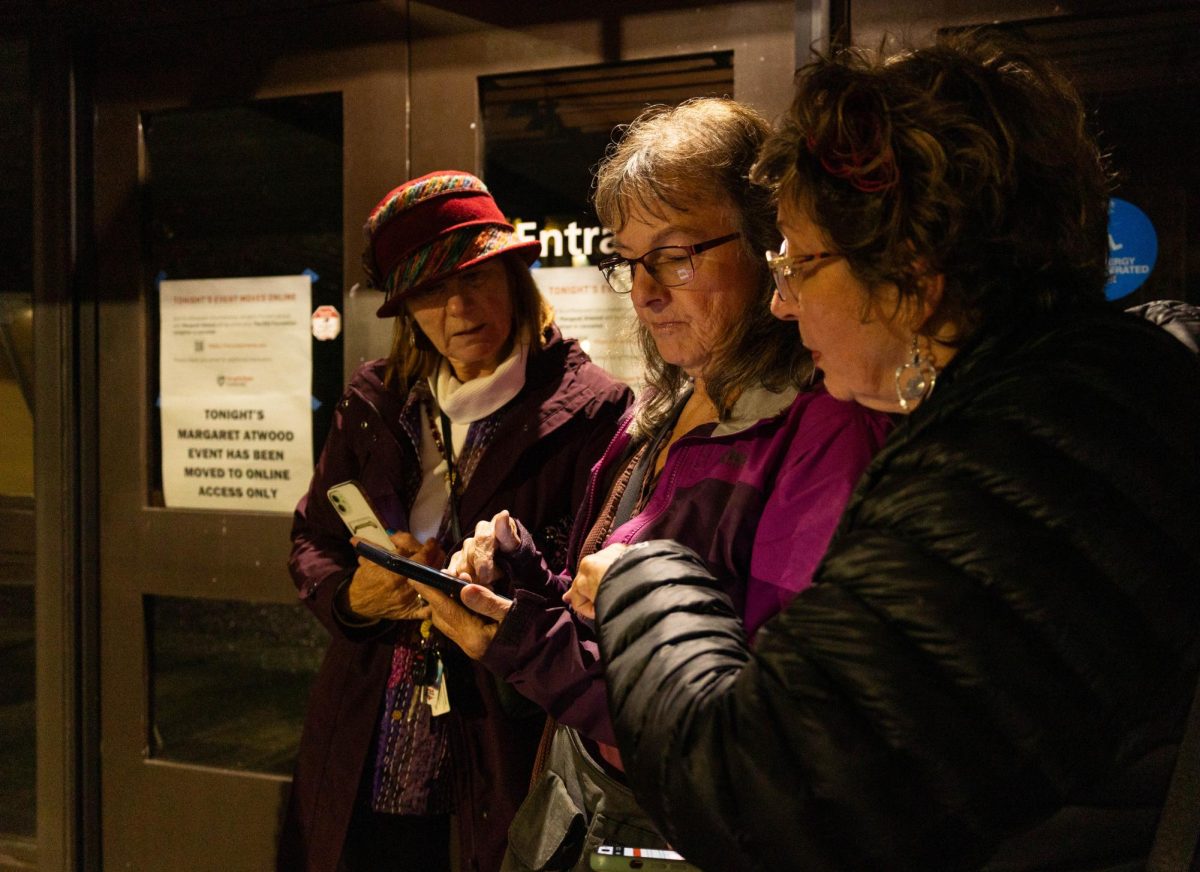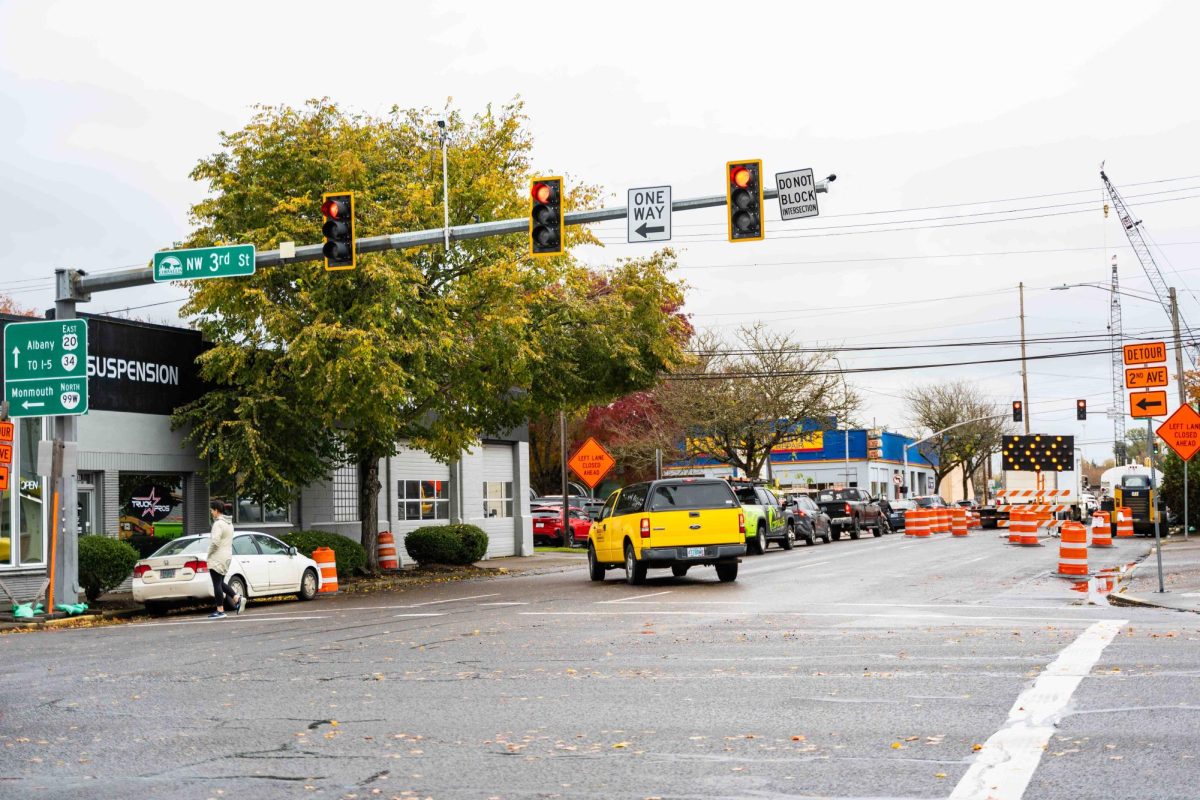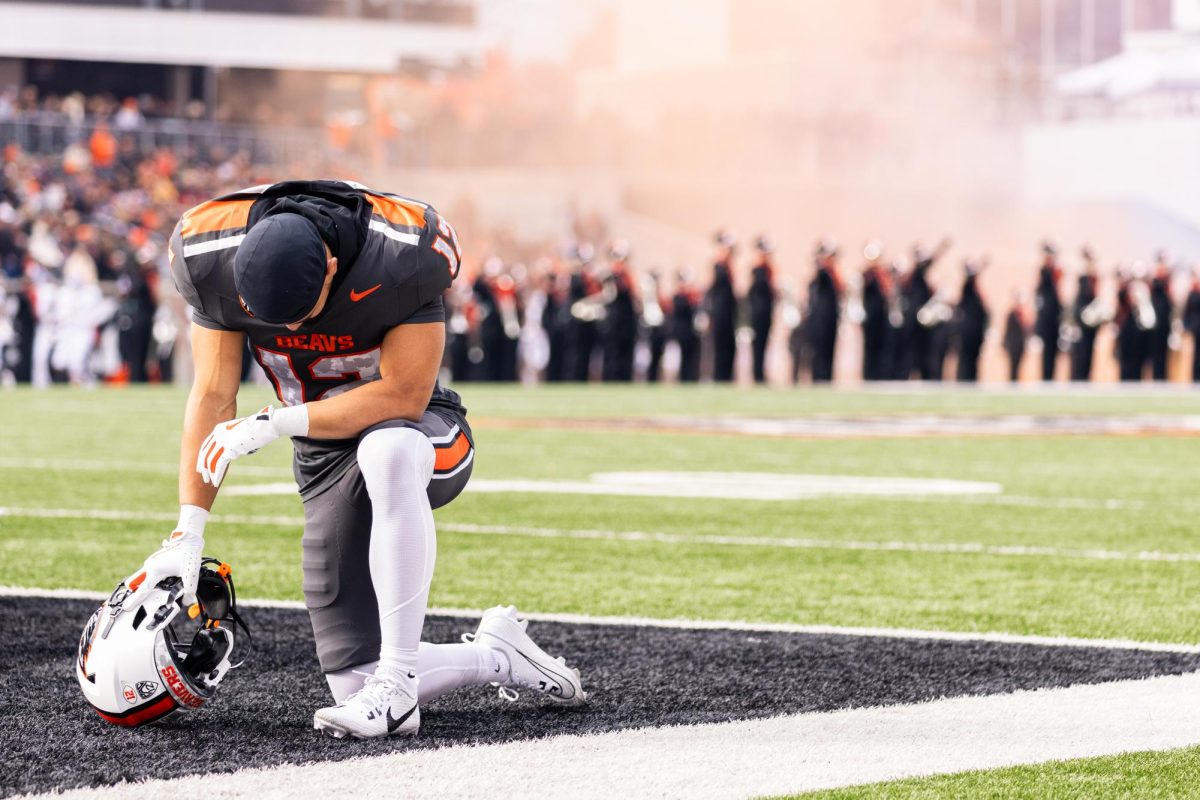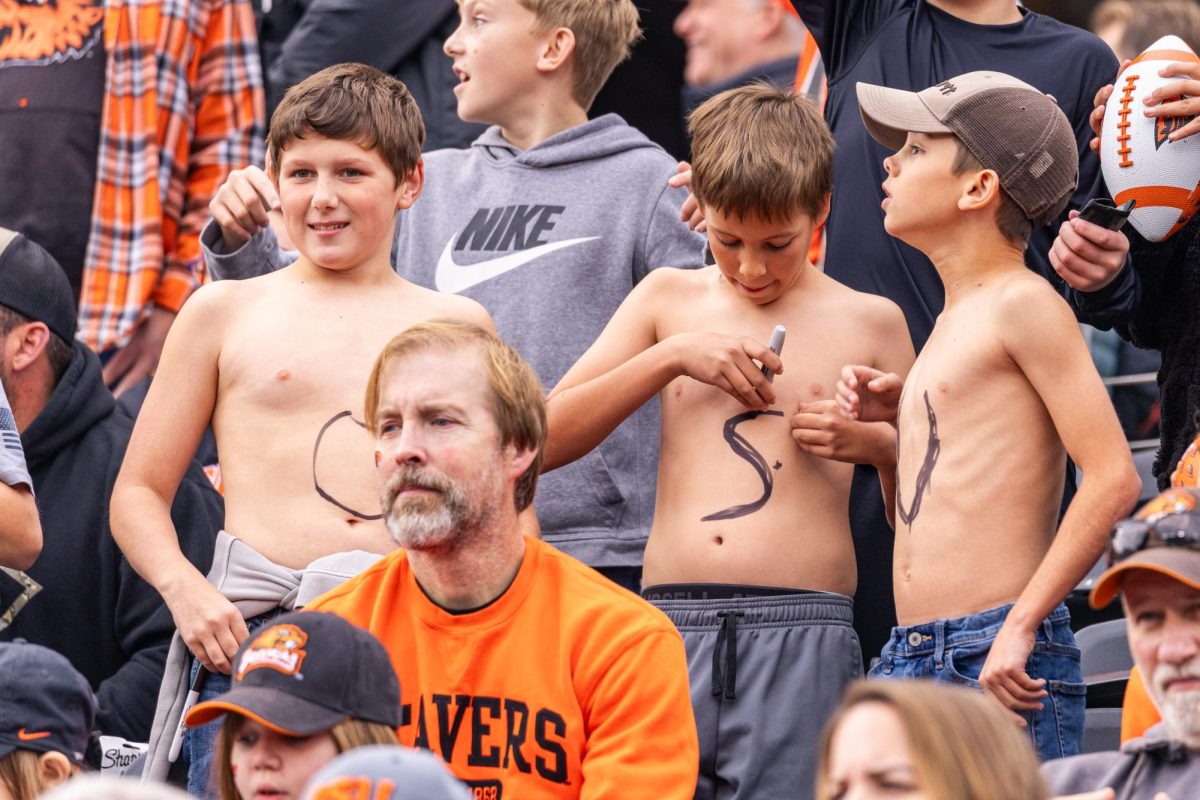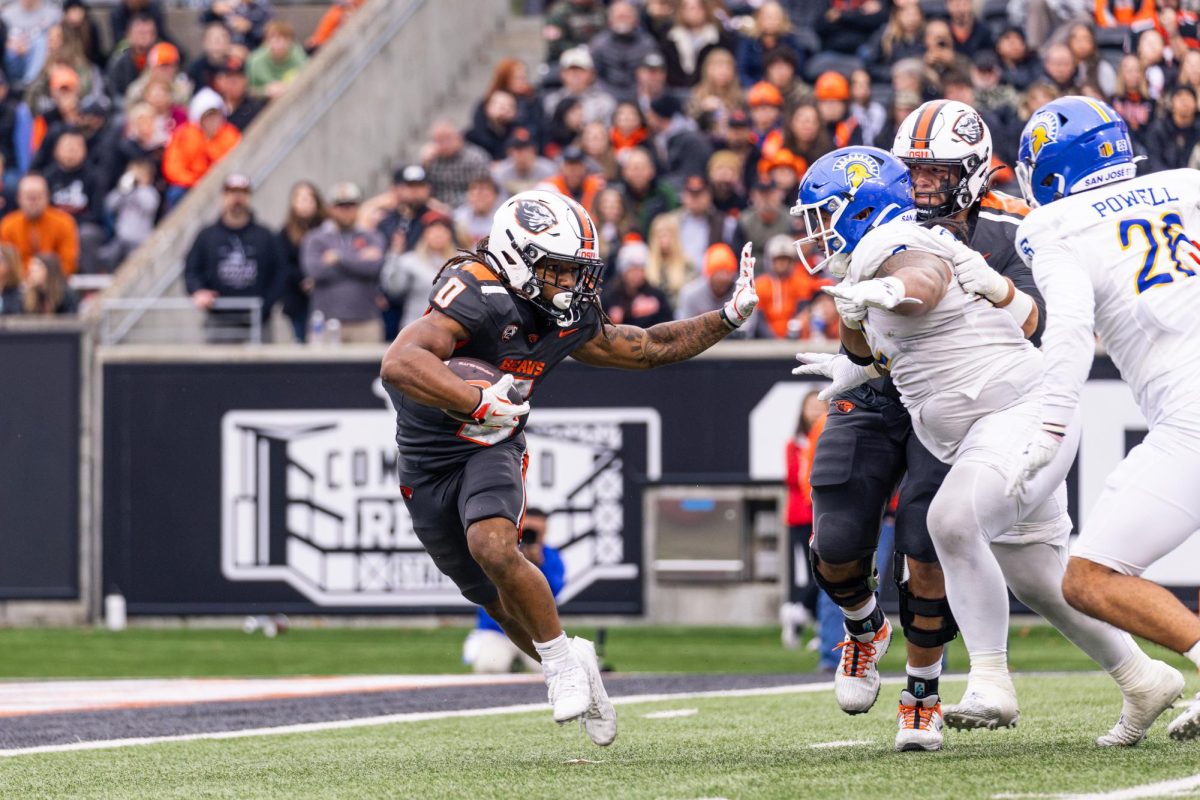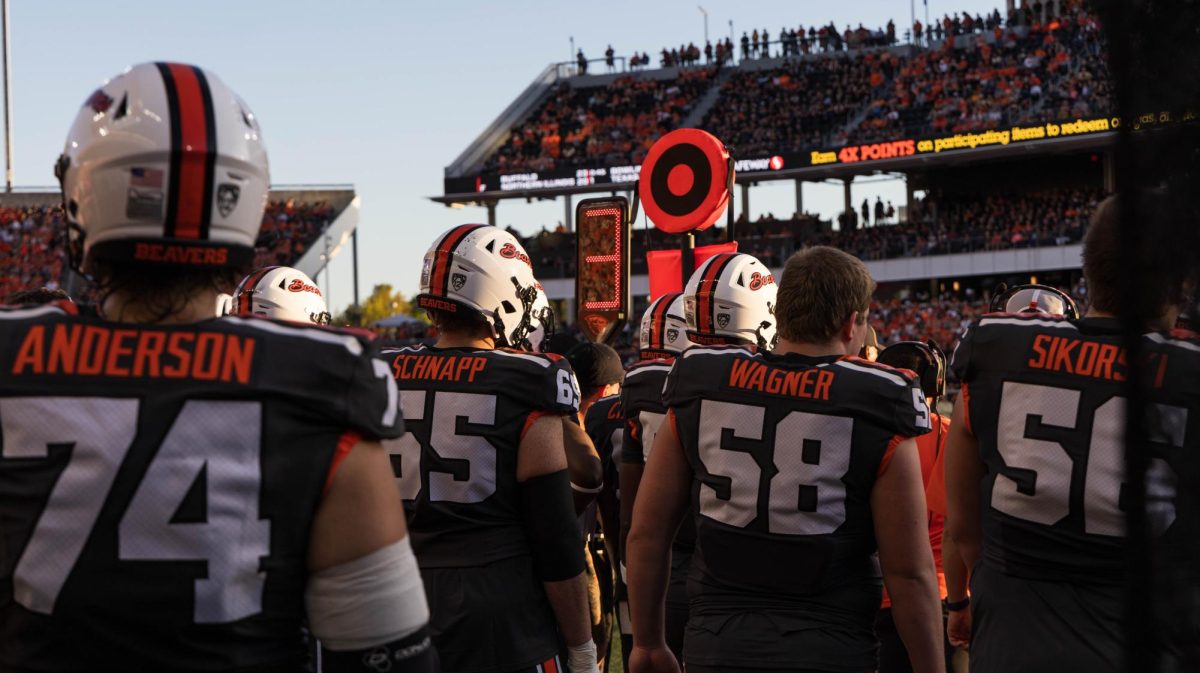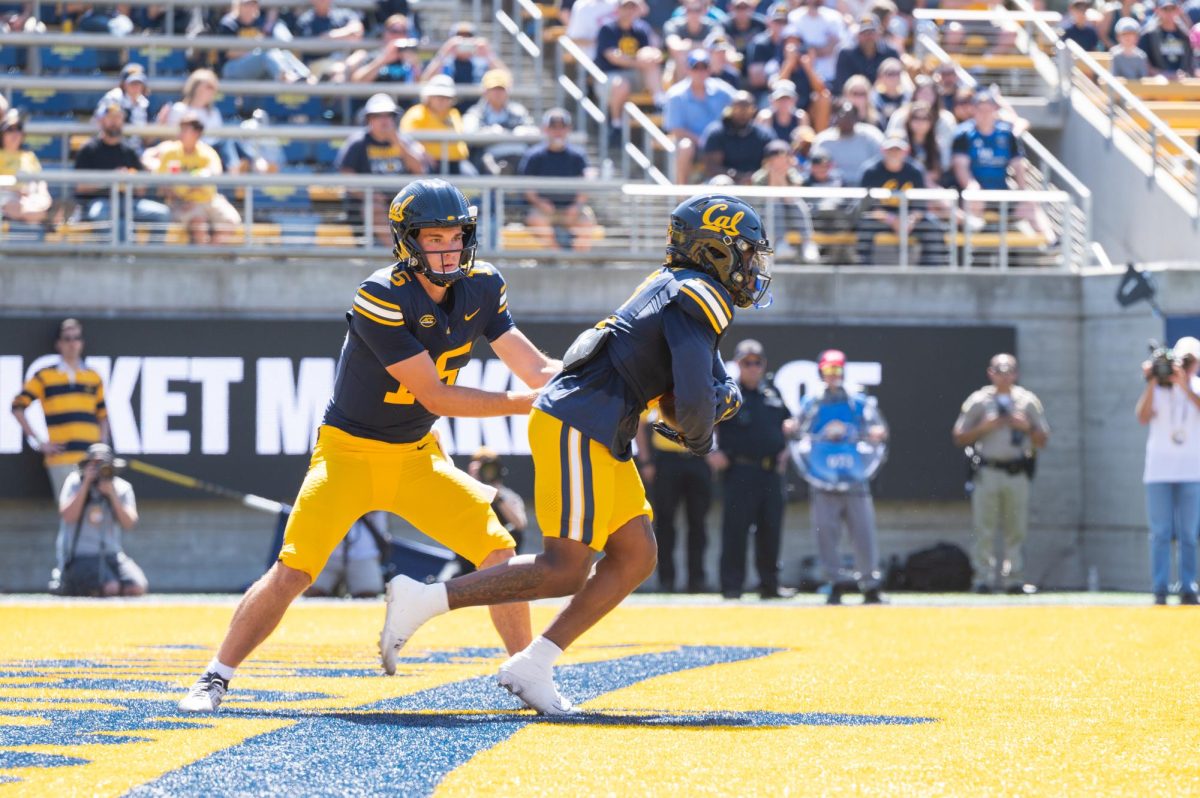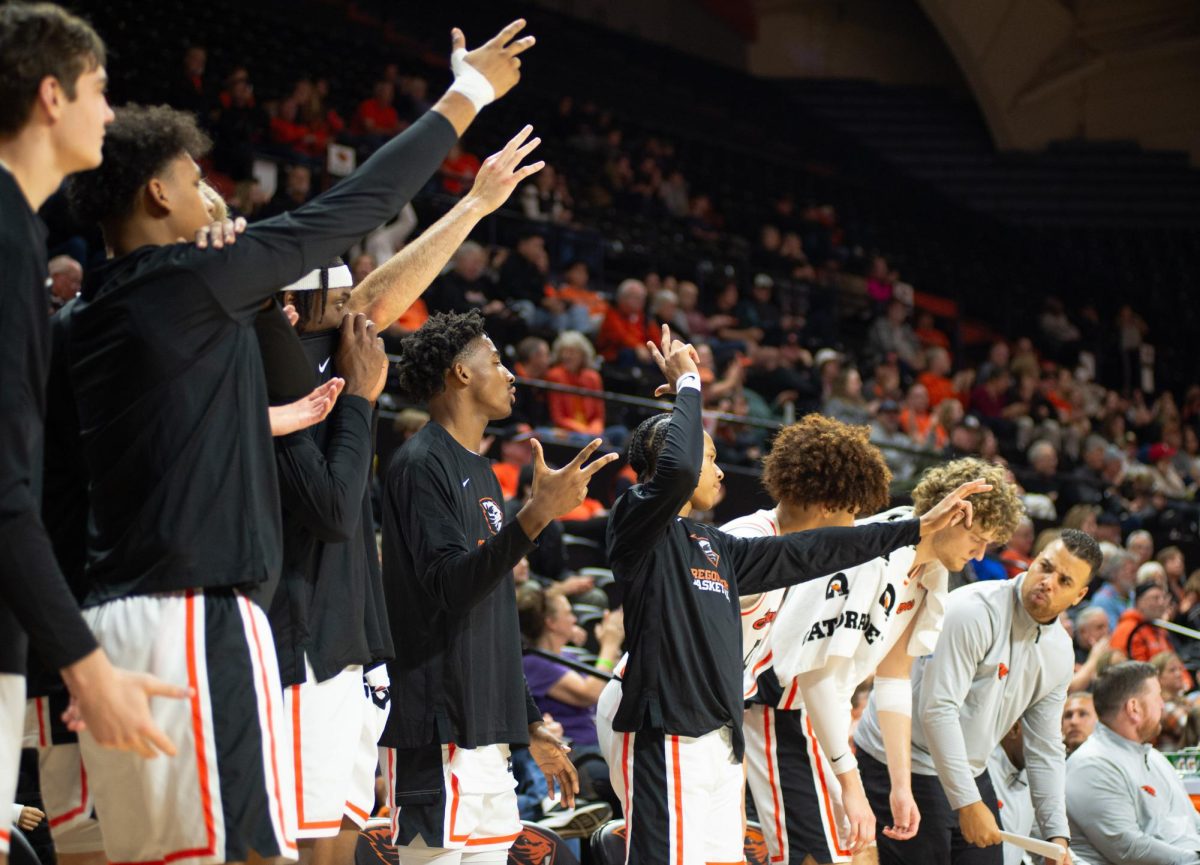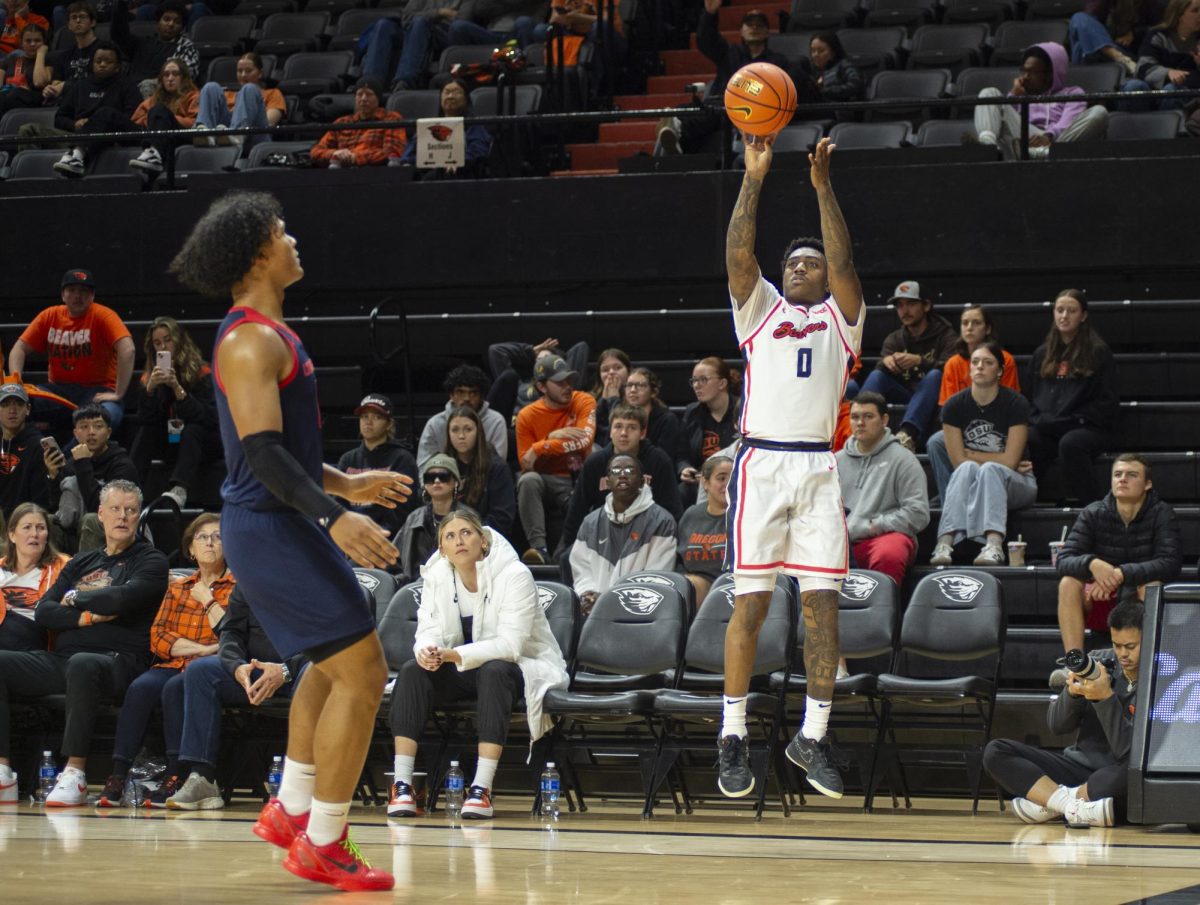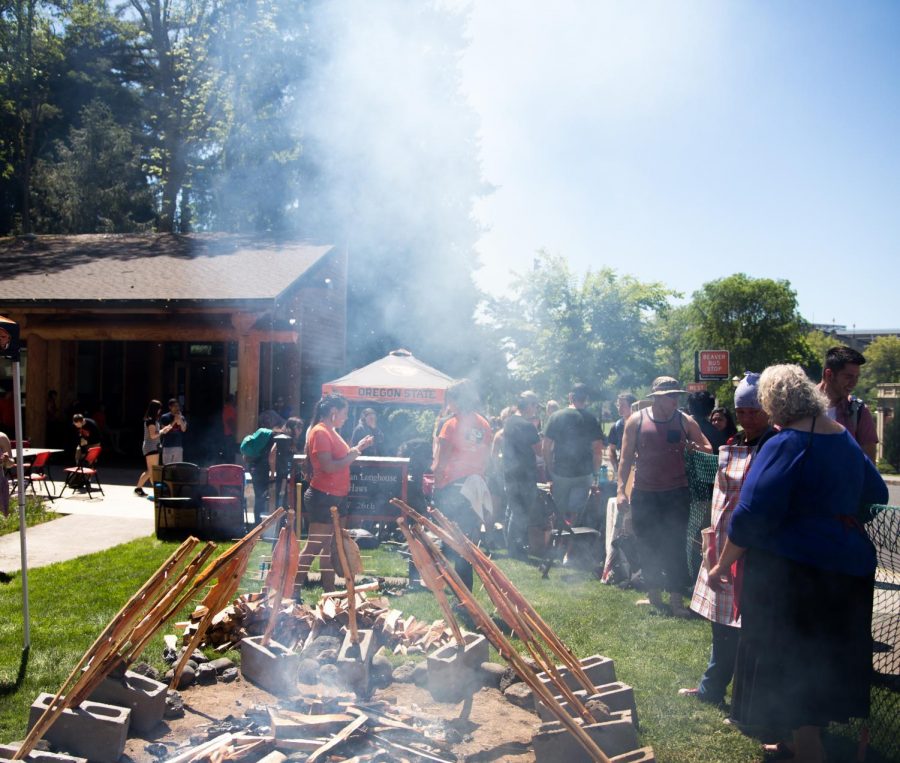19th Annual Salmon Bake offers students chance to learn about Native American culture
May 22, 2017
Between the sun beating down and smoke rising from an open-pit fire, salmon filets lay on wooden slats, cooking for the Salmon Bake. For the 19th year, the Native American Longhouse Eena Haws has put on this free event, preparing salmon in a style traditional to Pacific Northwest tribes.
“The main purpose of it goes along with our mission of the Longhouse, which is to represent the indigenous peoples of the Americas and Pacific Islands,” Michaela Merrill said.
Merrill and Ameyalli Mañon are the two student leadership liaisons at the NAL and are in charge of all of the events the NAL puts on throughout the year.
“For the tribes here in the Pacific Northwest, salmon is a big part of their culture,” Mañon said.
According to Asia Brown, the communications representative of the NAL, when students come to college, many can feel separated from their culture.
“Lack of cultural support can hinder success. Allowing students of color to practice and celebrate who they are is really important,” Brown said.
The NAL provides space and events throughout the year for students to connect with others of similar backgrounds. Another such event, the 41st Klatowa Eena Powwow, featured indigenous vendors, drummers and dancers in Gill Coliseum on Saturday. These events welcome community members and non-native students, and the huge turnout to the Salmon Bake showed the impact the NAL’s events can have on the community.
Originally, this event faced opposition. To prepare the salmon in the traditional way, the NAL is required to fill out forms and licenses to follow university regulations.
“It’s kind of weird to get permission to do something we’ve been doing for thousands of years… I know that the first few years were very, very difficult,”Mañon explained.
Fortunately, with the success and consistence of the Salmon Bake, the process is more doable.
“Things have definitely gotten smoother over the years,” Mañon said.
This year’s donated wooden stakes were different than those in past years. The stakes were split halfway down, and the filet was kept open with the wooden slats as it cooked over the fire. With the help of fire pit advisers from local indigenous communities, students are responsible for cooking the salmon.
“Another cool aspect about the Salmon Bake is that oral tradition of indigenous cultures that the information gets passed along by showing someone and telling them rather than, you know, handing them a book or a manual about it,” Merrill said. “Part of the preservation of knowledge definitely helps to keep the community together here at the Oregon State campus side of things.”
Other student organizations partnered with the event, including the Fisheries and Wildlife Club, and the OSU Society of American Foresters Student Chapter. They offered information about the importance of land and wildlife preservation.
“There are very few returning salmon… the challenge will continue in the future,” Mañon said. “With this event, we’re enjoying (the salmon), and realizing this may not be here if we don’t do something.”








